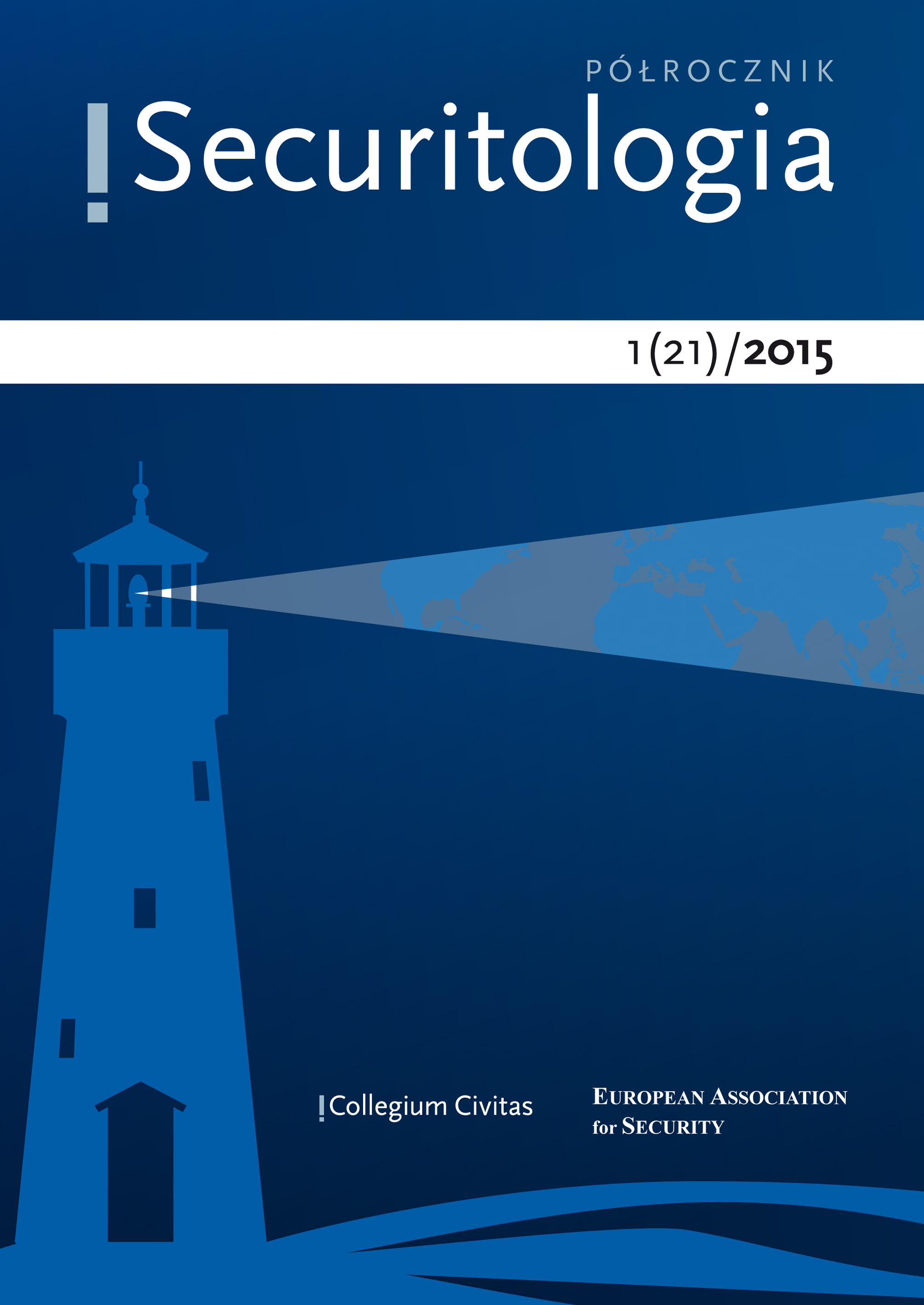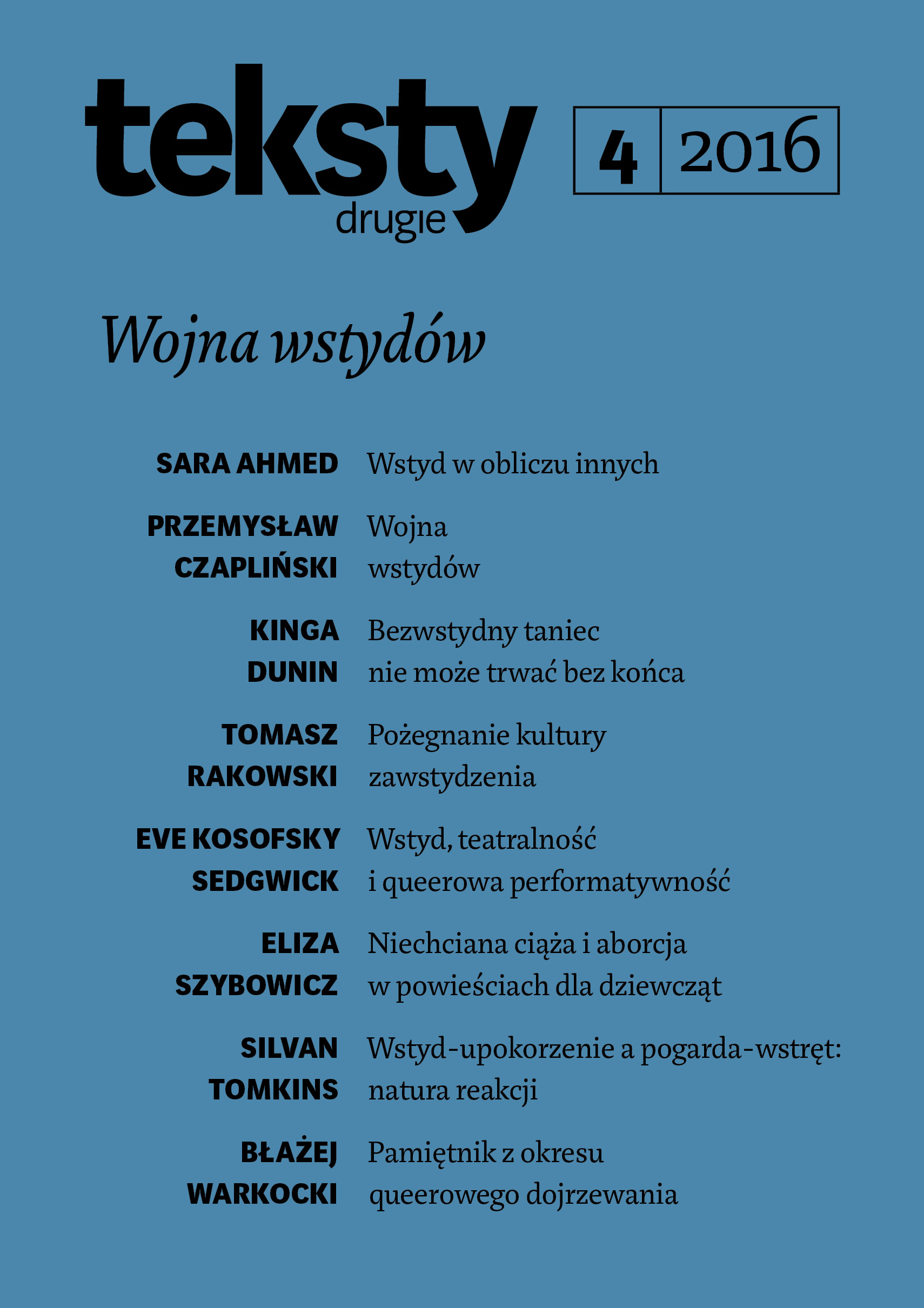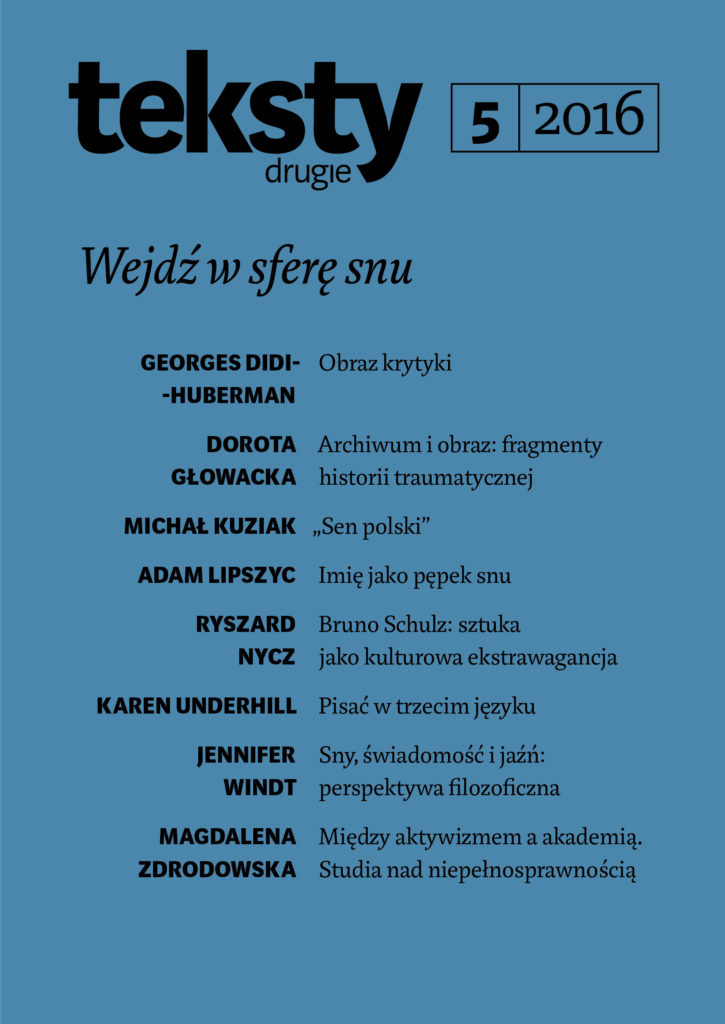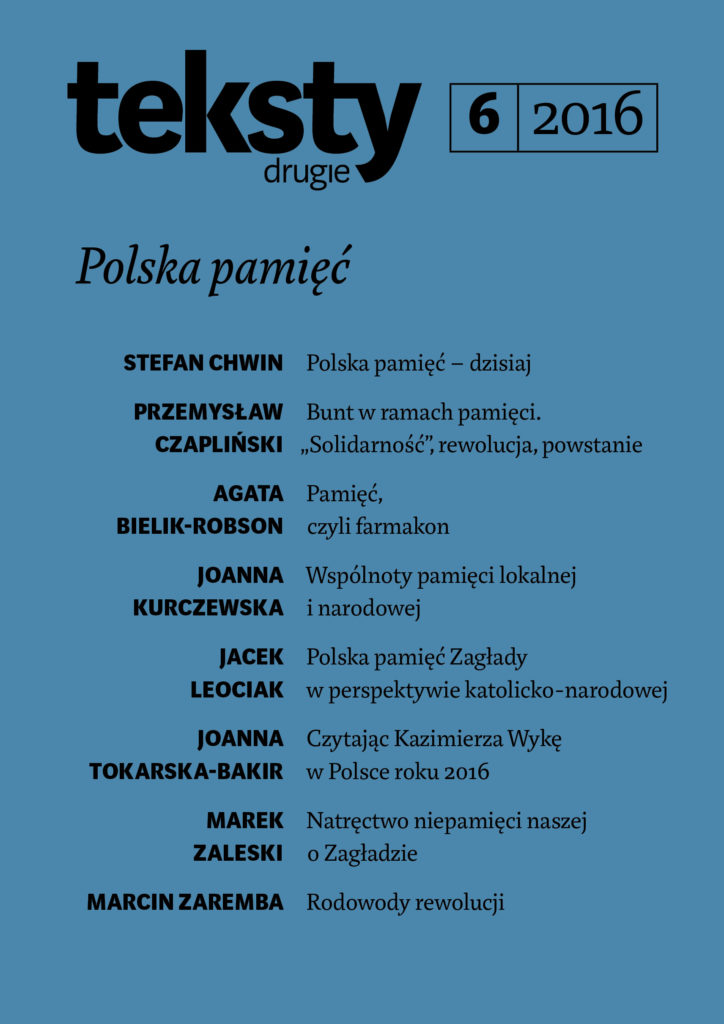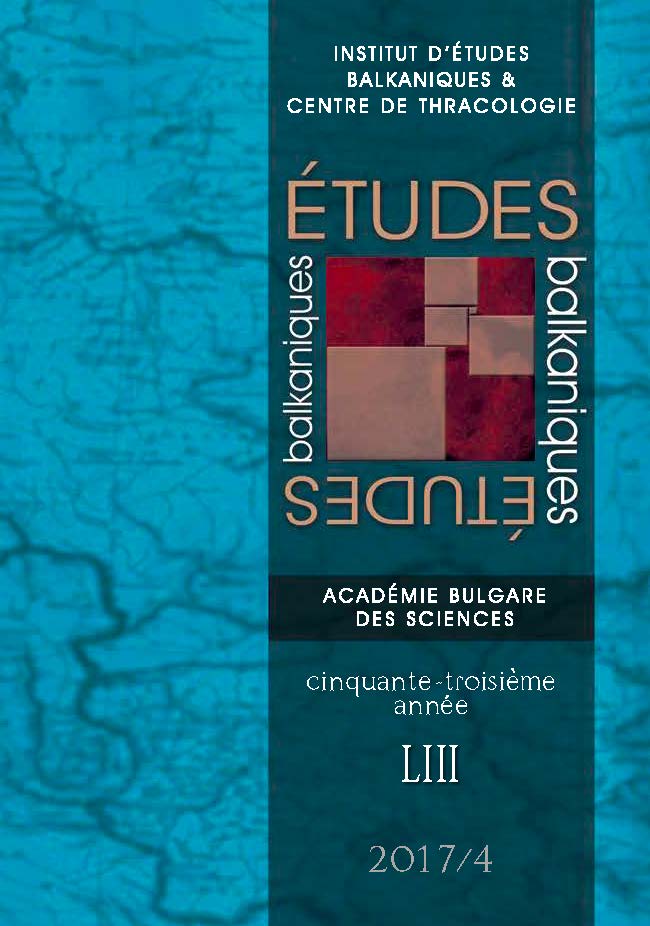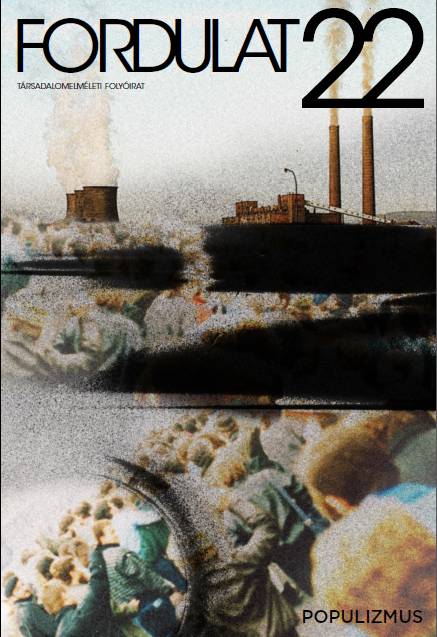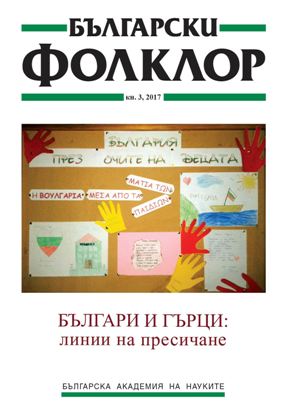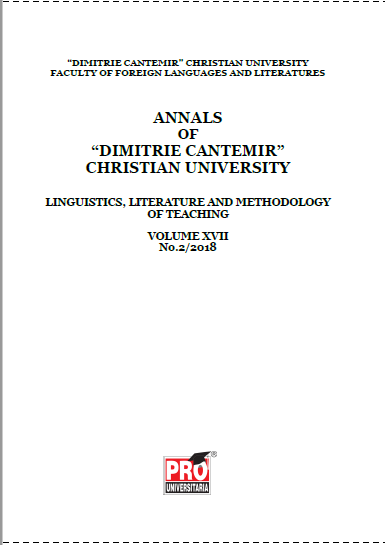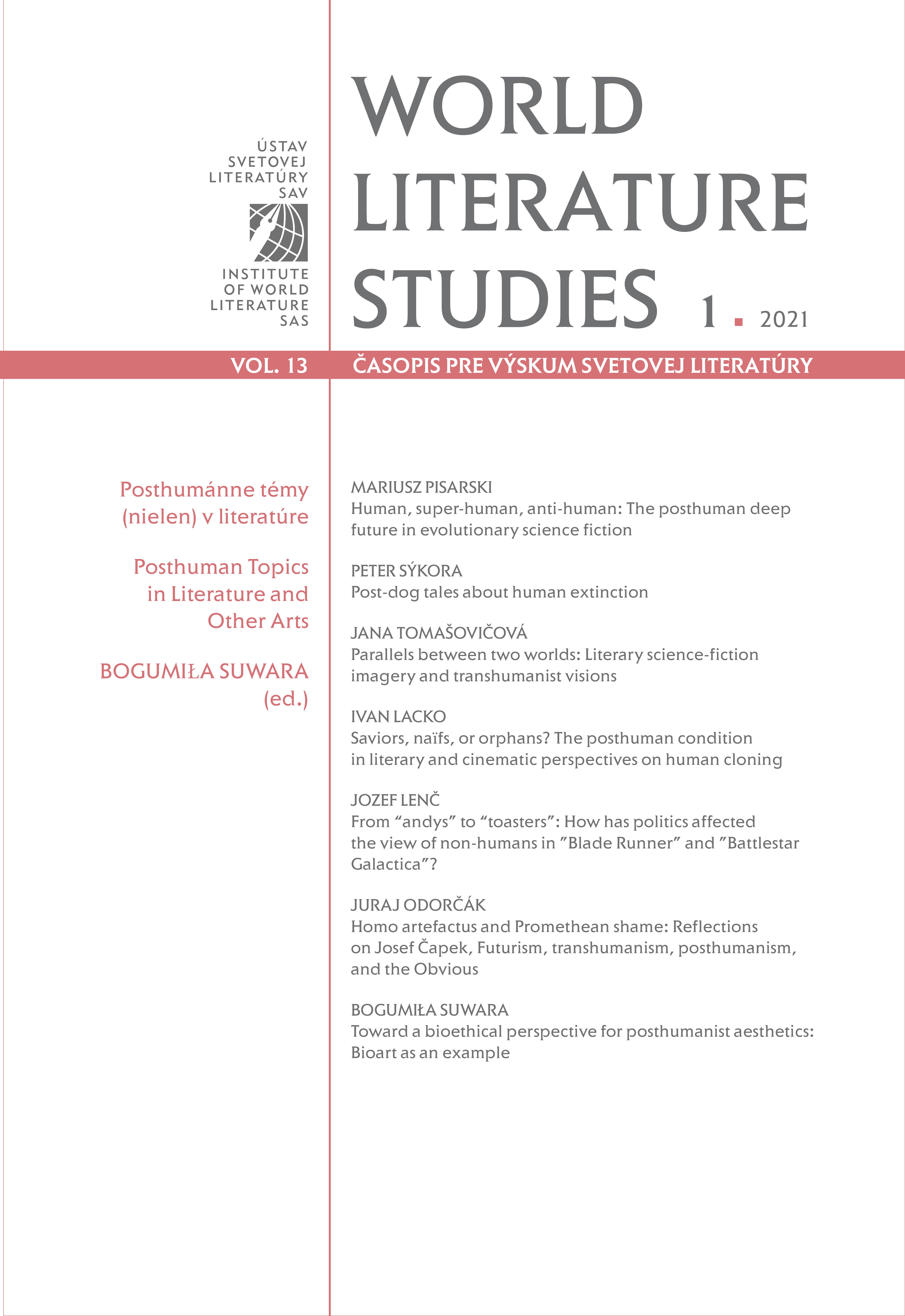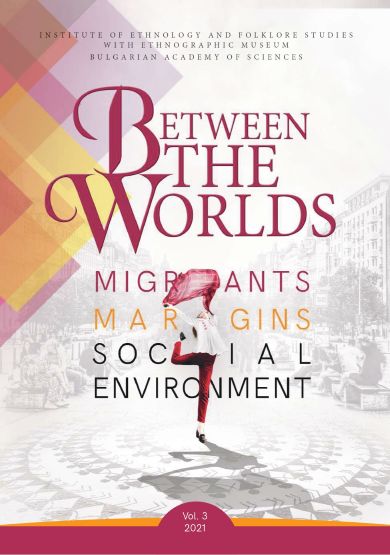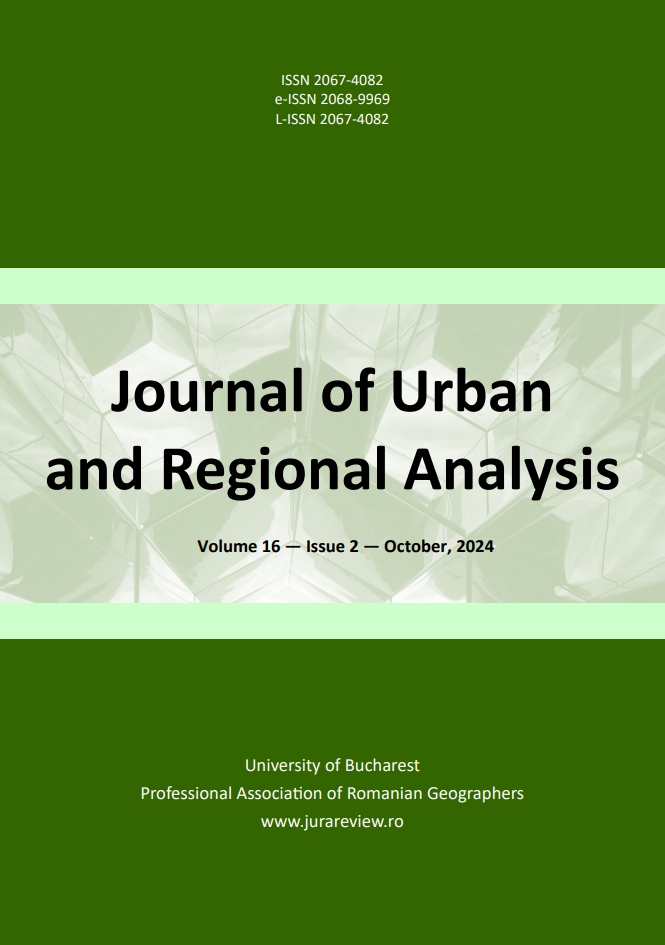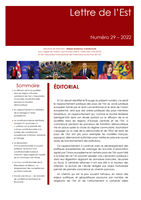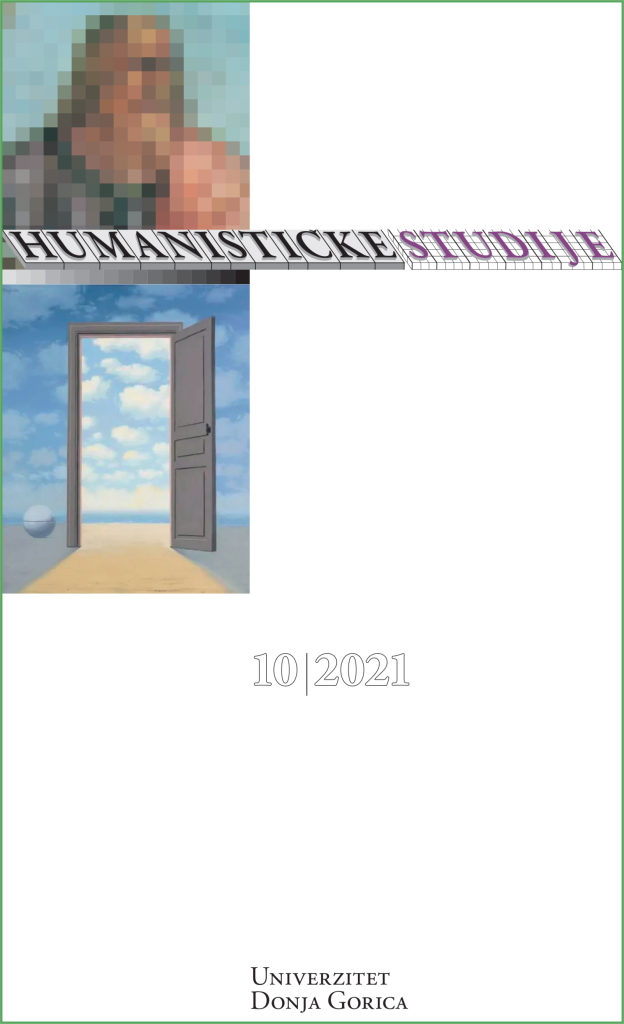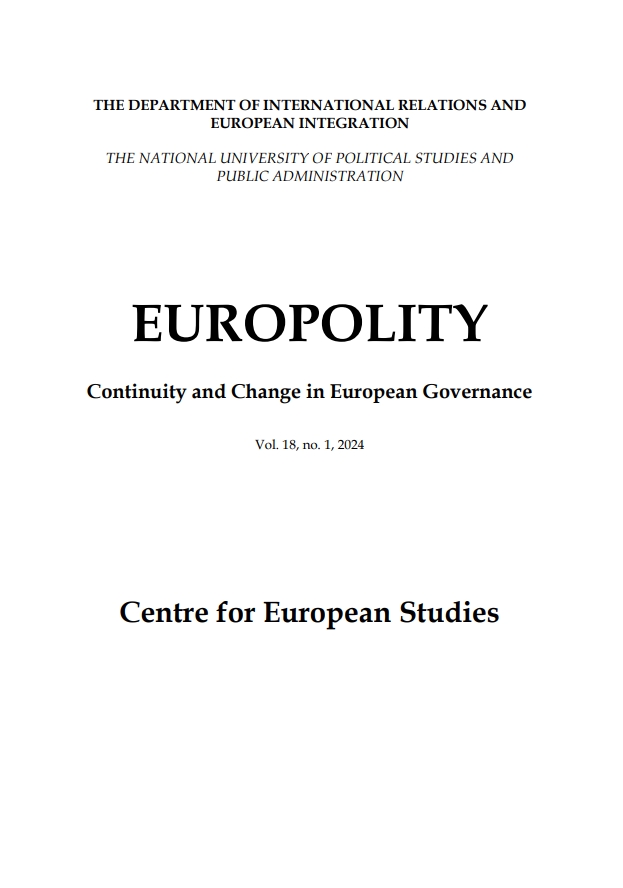Глобалне комуникације и светско друштво: Проблем легитимацијског дефицита
In this paper we analyzed the thematization of the world as a world society. Our premise is that, thanks to global communications, the world has become a single social field, that the world of living now has become the life of the world. In fact, modern societies are constituted as a relatively closed, self-referential systems, in which the world of lives framed by borders of nation states. Intensification and extensifi cation communication process relativized the border this closed system, creating the possibility for establishing a world society. However, the political (infra) structure remains fixed on the old forms lags behind this change, thus creating a deficit of legitimacy in the political field. Old forms based on the idea of society as a completely separate system. In this sense, the concept of society is, of course, the most complex concept that we inherited from a social and philosophical theories of the eighteenth, nineteenth and twentieth centuries. Minimal definition of this term, we have based on the Parsons’ criteria (and he is, in fact, relies on Aristotle) according to which the society is one type of social system, which achieves the highest degree of self-sufficiency in relation to their environment. The society is limited, self-enclosed, self-referential and self-sufficient system. The operations of closing the society withdraws the border in relation to their environment, becoming the exclusive area of social experience, the whole area of social world of life. These are processes that are in the nineteenth and the greater part of the twentieth century produced the nation-state, i.e., specific societies that are in the process of self-describing his own identity relied on gathering point in the relationship between society and the state. This social self-description is based on reflexive appropriation of cultural traditions and products strongly integrated community, self-sufficient social totality, with very us-them perspective. Although, this differentiation is not absolute, but relative: it represents the correlation of self-perception, which introduces differences in reality and only in the framework of meaningful boundaries established by communication. According to Niklas Luhmann it is logical, because the basic process of social systems in which these systems are composed in such circumstances may be only communication. However, if the process of communication universal constituent elements of any social system, the basic question is what lies in changing the types of social systems. The only possible answer is – changing ways of producing communications. Technological revolution in the way of conveying information inevitably, as a consequence, have social and political change. In this sense, global communication establishes world society, and world society produces the world’s problems. New problems are strongly influenced by the place and the role of the nation-state. Nation-states are no longer able to be the exclusive control of social relations within its borders, nor are they able to “protect” its citizens from the effects of processes that occur outside their borders. It resulted in changing the level at which these problems are solved. It is a kind of “unburdening” normative centers, i.e., in concurring or non-concurring delegation of conflicts and problems at a supranational level. Still, the problems are not resolved in this way completely, since the over-national level does not possess its own political system, but is composed of fragmented organizations, regimes and informal associations and groups. This is not about, then, “inhabit” trans-national organizations. Trans-national organizations in the sphere of politics, law, security, social security and economics are compelling indicator of the situation in which the nation states become less operators and more objects within the globalization process. The absence of normative foundation of inevitably produces a deficit of legitimacy. The deficit of legitimacy, then, produces situations where the operation of trans-national organizations were less likely to be expressions of the reproduction of any order, and more as conducting its own action programs. It is therefore necessary to see the problem from the perspective of the world horizon. Simple: world society requires a world government. It is not a matter of choice, but an imperative of the future. From the perspective of the world horizon, the only way to global processes to be democratic is that democracy to be globalized.
More...
